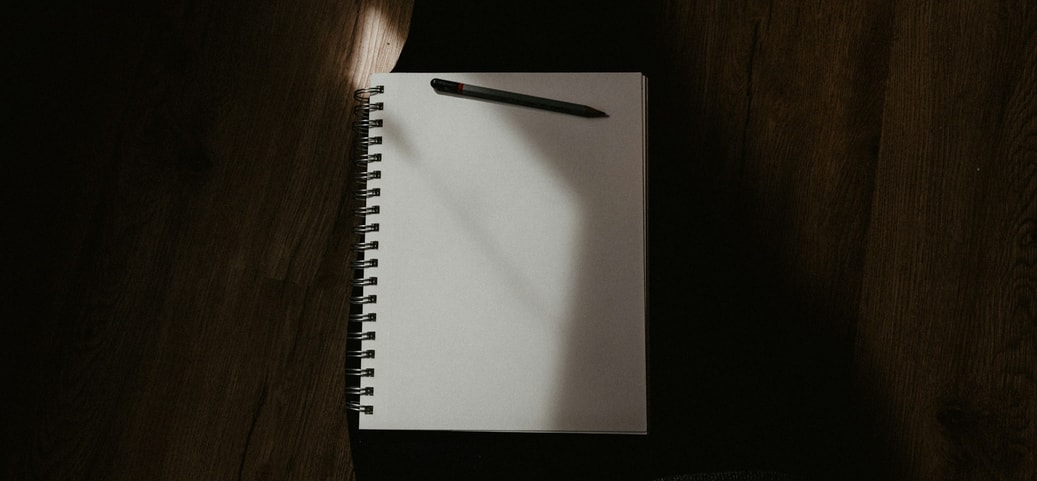Keeping a sleep diary: here’s how!
People who suffer from sleep disorders often don’t know where these problems come from – and searching for the triggers can be very stressful. A sleep diary is a useful and often very informative tool for analysing sleeping habits. It helps you to recognise patterns and make changes – whether in your day-to-day life, your evening routine or in your mind – to improve your sleep quality.
by CALIDA
April 23, 2025•2 min reading time

Optimise your sleep with a sleep diary. Keep accurate records and find solutions for better sleep.
Table of Contents
When does a sleep diary make sense?
A sleep diary is worthwhile for anyone who wants to monitor and improve their sleep – whether for their own interest or as part of a medical examination. It is particularly recommended for:
chronic sleep disorders (e.g. problems falling or staying asleep)
inexplicable tiredness despite supposedly getting enough sleep
preparing for an examination in a sleep laboratory
or for accompanying observation in nursing care

Keeping a sleep diary: what you should include in your evening and morning report
A complete sleep diary consists of two components: the evening report, which you complete before going to bed, and the morning report, which you use to rate the night you’ve just had. When you write your reports, the more details you document, the more helpful the sleep diary will be – but it should still be workable in everyday life.
Here are two informative templates for morning and evening reports that take up very little time:
Template: evening report
These questions will help you to systematically reflect on your day:
How was your day overall (stress level from 1 = relaxed, to 10 = very stressful)?
When was the last time you had caffeine, nicotine or alcohol?
Did you exercise today? If so, what did you do and when?
When was your last meal? What did you eat?
Did you have screen time before going to bed (e.g. TV, mobile phone, PC)?
Did you do a bedtime ritual (e.g. reading, meditation, hot shower)?
Template: morning report
The next morning, write down how your sleep was and how good or bad you feel. Be sure to make realistic assessments.
When did you fall asleep?
How many times did you wake up in the night?
How long were you awake altogether?
When did you wake up for good?
How well rested do you feel (scale from 1 = very tired, to 10 = fully rested)?
How was your sleep quality (e.g. calm/restless/many dreams)?
Here too, perfection is not the goal – regularity is important!
Evaluating your sleep diary
After about two weeks, you can analyse your sleep diary – alone or with a specialist. Pay particular attention to the following points when evaluating the results:
Are there recurring patterns of behaviour that appear to be related to poor sleep (e.g. late eating, screen time, high level of exhaustion/stress)?
How is your day-to-day mood in relation to your sleep duration or quality?
Can you recognise your individual sleep rhythm?
For doctors or therapists, a sleep diary can be a valuable tool in identifying the causes of sleep problems and being able to treat them specifically. But the evaluation also provides you with valuable clues as to which rituals are good for your sleep, and which habits you should change or avoid.
Discover more interesting blog posts:


